Special Projects
Search the Site
Newsletter Signup
Sign up to our newsletter to receive updates about what's going on at the NFCT
Special Projects
-
Filmmaking in the Triangle Region – Support for Arab-Palestinian Filmmakers in Israel
Based on the NFCT’s extensive experience of running film hubs and programs for filmmakers from diverse and, especially marginalized backgrounds, and in light of a substantially smaller number of active Arab-Palestinian filmmakers within the Israeli film industry, the NFCT established a program, which aims to nurture and empower filmmakers from the Arab society in Israel. The program includes two main activities:
- The RA Filmmakers Forum working out of Taibeh – led by actor and filmmaker Jalal Masarwa and his wife and filmmaker, Rosalin Agbaria, the Forum is a meeting place for Arab filmmakers who wish to start a career in the film industry and hone their cinematic skills. The Forum offers hands-on experience, mentorship and guidance and assistance in preparing film applications to raise funds for projects.
- Alongside the Forum activities, the NFCT offers an annual development and production program for short narrative films. Each cycle, we select a cohort of six filmmakers working on short narrative film scripts. They participate in a development phase, which includes group sessions and one-on-one mentorship with leading script editor, Lior Nesher. At the end of the process, they all submit their final film scripts, and the NFCT chooses between one and two projects that will receive a full production grant and continued professional support until the films are completed. So far, there have been 4 program cycles, and the 5th is underway. Six films are in various stages of production.
Through this program we identify new talents and give voice to Arab-Palestinian filmmakers and allow them to reach large audiences; promote the creation of Arabic-speaking films; bring Arab filmmakers from across the country closer to the center of the industry; promote collaborations between Arab and Jewish filmmakers; expose to the general public issues relating to the Arab society in Israel, from their own authentic points of view; increase tolerance, eradicate racism and support powerful films, which will be seen by many.
The program is supported by our partners Yad Hanadiv, The Polonsky Foundation, Mifal Hapais, The Friedrich Ebert Stiftung

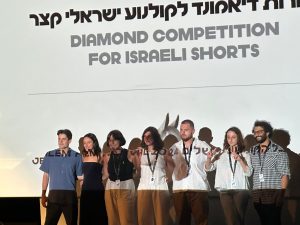
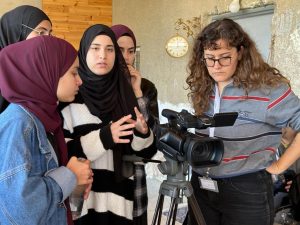
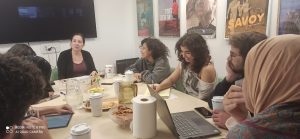
-
WomanFilms – The NFCT’s Film Hubs for Women Filmmakers
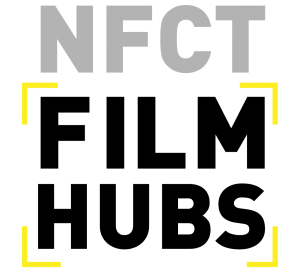
WomanFilms (formerly Greenhouse Women) was established in 2014 in order to create a unique and tailor-made environment to nurture women documentary filmmakers from diverse backgrounds across Israel.
The program exceeded our expectations when the first film to emerge, Wall by Moran Ifergan, won the Best Film Award at the prestigious Docaviv International Film Festival in Tel Aviv in 2017. That year, four out of thirteen titles competing for that award, were films developed through this program.WomanFilms Documentary Film Hub is based on the hugely successful model of a program we established in 2006 called Greenhouse MENA, which ran for 12 consecutive years. WomanFilms targets women filmmakers from diverse and often marginalized backgrounds across Israel. At a time when intolerance and discrimination are unfortunately on the rise, we recognized an urgent need to foster mutual understanding and build bridges between the various communities that make up Israel. In addition, we wanted to help promote and empower women filmmakers and increase the number of women filmmakers who are successful in seeing through (and finding financing for) their film projects. Creating a safe, women-only environment, enables filmmakers from more closed societies to participate. The program is a wonderful meeting point for filmmakers to exchange ideas and create new collaborations, as well as an ever-growing community of filmmakers committed to social change.
To date there have been six cycles of the program and eight films have been successfully completed, with many more in various stages of production. These films participated in international festivals, were broadcast on TV and are often used for educational purposes. Our growing community of filmmakers includes 65 talented artists who have graduated the program.
Each year, WomanFilms brings together around 10 talented filmmakers from diverse religious, ethnic and cultural backgrounds, and supports them in the development of compelling documentaries that amplify women’s voices about important contemporary and social issues. The participating filmmakers receive in-depth professional guidance from three top-tier women mentors and participate in lectures, workshops and masterclasses by leading professionals, in order to hone their cinematic skills and navigate a very successful, yet highly-competitive Israeli film industry. The one-year program includes three 5-day residential workshops that enable the filmmakers to delve into the development process away from work and family duties.
The hub’s activities are enabled by our kind supporters and partners over the years – The Dobkin Family Foundation, The Friedrich Ebert Stiftung, The Fidelio Foundation, Mifal Hapayis, The Laurie M. Tisch Illumination Fund, EMID/Matanel, Ms. Anat Kerem Angel, The Jewish Women’s Foundation of the Greater Palm Beaches, The US Embassy Israel, The Israel Estates Committee, The Jacob Burns Film Center, The Diamond Charity Fund and anonymous contributors.
Following the success of the documentary hub, we launched a sister program – WomanFilms Narrative Film Hub for the development of feature-length narrative film scripts by women filmmakers, in collaboration with Mifal Hapayis and The Israel Film Fund.
So far, 19 films have emerged from WomanFilms Documentary Film Hub: Wall/Moran Ifergan (winner of the Best Documentary Award at the 2017 DocAviv IFF); Fence Your Best/Liat Mer; In My Room/Ayelet Albenda (winner of the Best Soundtrack Award at the 2017 DocAviv IFF); Stains/Katy Diakova; The King of Borek/Orit Ofir Ronell; A Perfect Housewife/Jane Bibi (winner of the Jury Award at the 2018 DocAviv IFF); Open your Mouth/Tamara Mamon (official selection Docaviv 2019); Victor’s Curse/Meirav Hadas Hadad; Little Victories/Michal Warshai Arluk;Coda for a Captain/Keren Alexander; The Green Line/Judith Kahana; Yamna’s Blessing/Ilanit Swissa; How to Say Silence/Shir Newman (winner of the Best Debut Film at the 2021 Docaviv IFF); Honey Trap/Aalam-Warqe Davidian; Cinema Sabaya/Orit Fouks Rotem (Israel’s official selection for the 2023 Oscars. A full-length narrative film that started out as a documentary in our first WomanFilms cohort); Knock on the Door/Aya Elia; The First Night/Rachel Elitzur; Zipora and Rachel are not Dead/Hadar Morag; On Parole/Neta Pat Ben-Itzhak
2014 Hub: Ayelet Albenda | Esti Almo Wexler | Jane Bibi | Carmen Elmakiyes-Amos |Orit Fouks | Gitit Ginat | Samah Haik | Oshri Hayun | Moran Ifergan | Marwa Jbara Tibi |Talia Krevsky | Alamork Marsha
2015 Hub: Anat Vovnoboy | Orit Ronell | Yosra Abu Kaf | Samah Salaime Egbariya | Yehudit Kahana | Racheli Vasserman | Rajaa Ghanem ElDanef and Helen Zananiri | Ekaterina Diakova | Liat Mer | Yael Gur | Ilanit Swissa
2016 Hub: Rozeen Bsharat | Samah Bsoul | Hadass Dissen | Odeya Geuliov | Lydia Ginzburg | Meirav Haddad | Tzipi Huri | Yifat Makbi | Adva Ofir | Bruria Pasternak | Tehila Ra’anan Frenkel | Irit Shravit | Samah Wattad
2017 Hub: Sharon Luzon | Bar Mayer | Tamara Mamon | Elsin Davidi | Sona Dagesh | Aviva Zimmerman | Suheir Hani Khoury | Mor Company | Nava Levy | Keren Alexandroni | Marwa Jbara Tibi | Hadar Morag
2018 Hub: Shir Newman | Neta Pat | Michal Varshai | Maayan Kapach | Yasmin Bakariya | Shuruk Bader | Sigal Emanuel | Dana Hacohen | Anat Vogman | Lutza Sheresh | Samira Haj Yahya | Dafna Friedlander | Liraz Pank
2019 Hub: Aya Elia | Danel Elpeleg | Manya Lozovskaya | Naomi Meroz | Keren Bergman | Yael Lotem | Rachel Elitzur | Zahra Saeed | Shemer Gaon Baraba
2020 Hub: Aviva Yalem Reuven | Gal Dor | May Elimelech | Michal Brunshcwig | Michal Cohen | Maayan Boni | Miriam Baron | Noa Amiel Lavie | Naama Dashevsky
2021 Hub: Avital Koren | Elia Shwarz | Hava Rokhlin | Noa Ben Shalom | Nechama Yehoshafat | Emmanuelle Mayer | Roni Benisti | Shirly Halfin | Shaked Orbach
2022 Hub: Gal Rosenbluth | Hadas Neumann | Helen Yanovsky | Livi Kessel |Michal Ben-Tovim | Noga Chevion | Adi Yaffe Cohen | Rotem Dimand | Tamar Peled
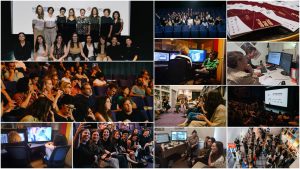
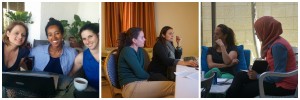
-
Greenhouse Program – Middle East and North Africa
The Greenhouse Development Program for Documentary Filmmakers from the Middle East and North Africa is a groundbreaking initiative established by the NFCT, which ran for 12 consecutive years.
The program is positioned at the intersection of cinema, social change and peace-building and seeks to nurture a diverse community of documentary filmmakers from across the Middle East, committed to dialogue and possessing the necessary skills to create powerful films.
Greenhouse trained more than 200 filmmakers from the region, empowering them to use film as a catalyst for creating more open and just societies. Greenhouse films, such as On the Way to School, A Film Unfinished, Dolphin Boy and the Academy-Award nominated 5 Broken Cameras, explore a rich diversity of social issues. Over 40 films emerged from Greenhouse, and most of them premiered and won awards at prestigious film festivals throughout the world.
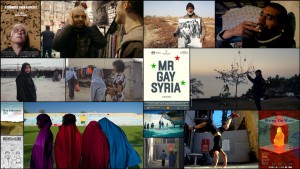
-
Ultra-Orthodox Women Film Program
NFCT’s Ultra-Orthodox Women Film Program is an annual documentary film course for Haredi women who want to become filmmakers. During the course these women gain the necessary cinematic tools and skills to create personal documentary films which can capture and represent their community. They can use this training to make a living and support their families. The program empowers these women and enables them to return to their communities as agents for social change. The project has so far had three successful cycles.
The program takes place in Jerusalem and the participants mainly come from Jerusalem and the surrounding area. The project takes place over the course of one academic year, at the Ma’ale Film School in Jerusalem. The faculty consists of a team of lecturers and mentors from Ma’ale and the NFCT.
Most of the films produced by these women are shot in their community, as well as other locations relevant to the films’ concepts. The premier of the films takes place in Jerusalem at the prestigious annual Jewish Film Festival at the Jerusalem Cinematheque, every Hannukah.
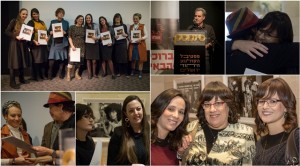
-
Business Card Program – Nurturing New Talent
Launched in 2006, the NFCT’s Business Card Program for Emerging Filmmakers is a leading initiative designed to nurture new talent in documentary filmmaking in Israel.
The program offers personalized mentorship and resources for promising film school graduates looking to develop their film projects and successfully integrate into the film industry. Hundreds of films have been developed through the program, many of which have gone on to win awards and garner widespread acclaim. Two recent examples of outstanding films that were developed through the Business Card program are Home Movie, which won the Best Documentary Award at Docaviv in 2012, and Life in Stills, which won the Ophir Prize for Best Documentary in 2012.
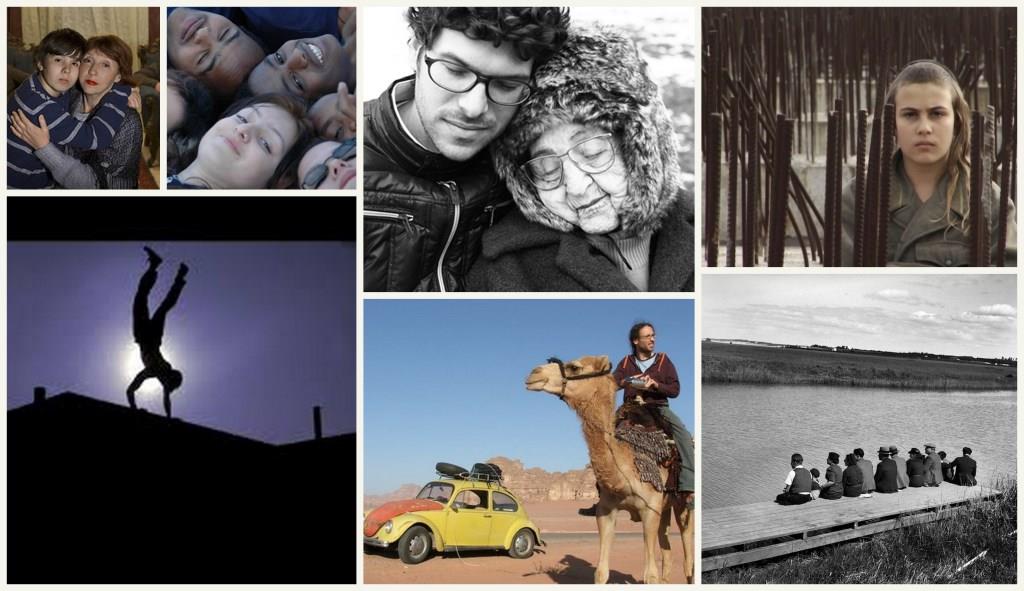
-
Holocaust Historical Preservation Film Program
Today we confront an alarming escalation in anti-Semitism and racism in Europe, as well as genocide and threats of genocide in other parts of the world. The NFCT is committed to harnessing the power of cinema to enhance knowledge and understanding of the unprecedented tragedy of the Holocaust to ensure that the memory of those who suffered is preserved across time, and to encourage individuals of all backgrounds and ages to reflect on the important lessons to be learned for today. As the final generation of Holocaust survivors and eyewitnesses dwindles, we believe that we must do whatever we can to capture, preserve, and circulate their stories to ensure that the powerful message behind their legacy never disappears.
The Holocaust Historical Preservation Film Program is an important project run by the NFCT, through which we support new documentaries related to the Holocaust. In addition to financial support, the program provides the selected filmmaker(s) with ongoing professional support from the NFCT’s team, including experienced and renowned documentary filmmakers.
Dozens of films within our portfolio explore themes and stories related to the Holocaust, illustrating the NFCT’s impressive track record of facilitating the production of truly outstanding and memorable films that commemorate the Holocaust. A selection of these award-winning films include The Flat (2011), by Arnon Goldfinger; Six Million and One (2011) by David Fisher; Hitler’s Children (2011), by Chanoch Ze’evi; and A Film Unfinished (2010), by Yael Hersonski.
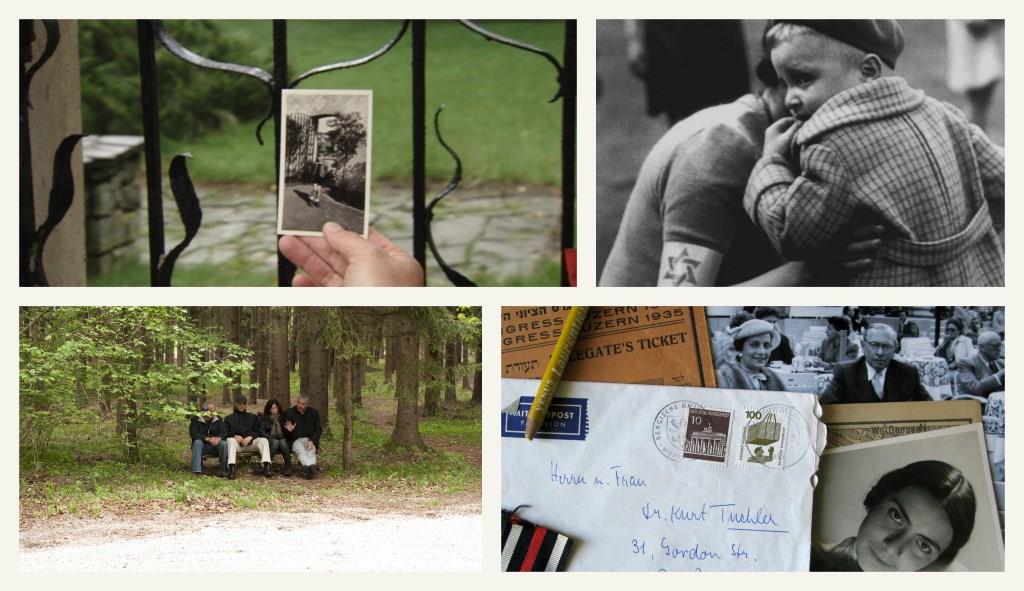
-
The Jerusalem Film Workshop (JFW)
The Jerusalem Film Workshop (JFW) is a transformative opportunity for young Jewish filmmakers from around the world to engage with the diversity and complexity of Jerusalem, Israeli Society and Jewish identity. A partnership between the NFCT and Onward Israel with world-class Jewish festivals, international Jewish communities and the Israeli film industry, JFW is a six-week program led by professionals, who are passionate about the power of film to strengthen Jewish engagement, connect people with Israel and inspire social change. During the course of the program, the filmmakers work in groups to produce five short documentaries about Jerusalem that are screened as part of the Jerusalem Film Festival and in the international festivals we collaborate with. The program is described in this link, a broadcast on i24news.
ENGAGING WITH JERUSALEM & ISRAELI SOCIETY
The unique atmosphere and character of Jerusalem can be difficult to convey to those without first-hand experience of life in the city. A microcosm of Israeli society, Jerusalem’s cultural and ethnic diversity is set against the backdrop of a challenging social reality that can be difficult to comprehend and connect with, from afar. The Jerusalem Film Workshop seeks to capitalize on the powerful tool of film to engage international Jewish communities with Jerusalem and Israel in a meaningful and thought-provoking way. Using the medium of film, the uniqueness, complexity and beauty of Jerusalem can be captured and explored in a powerful, nuanced and experiential way. Through film, there is potential to reach thousands of people, who otherwise, have limited opportunities to connect with Jerusalem, Israeli society and their own Jewish roots.
DOCUMENTARY FILMMAKERS AS CHANGE-MAKERS
The JFW believes in the power of the documentary filmmaker as a social change maker. This program provides the knowledge required for up-and-coming filmmakers to learn about the complexities of Jerusalem, and to bottle what they see into powerful films. Participants in this program become ambassadors not only for Israel and Jerusalem, but are also armed with new skills to continue making documentary films and sparking social change through their future documentary work. Click this link to hear what participants from all over the world experience.
CONNECTING WITH DIASPORA COMMUNITIES
In 2018, JFW has partnered with prestigious Jewish and Israeli film festivals from around the world to recruit the best, upcoming filmmakers from their communities and sponsor their flights to Israel. On their return to their communities, JFW graduates and the partnering film festivals will screen the films produced during the Jerusalem Film Workshop and will run creative, educational programming within the wider community to explore the issues raised by the films. Additionally, the JFW team works throughout the year to distribute the films created during the workshop and to bring at least one of the students to the screenings and hold a Q&A session after the film screening.

-
Home-Delivered Script-Writing Course
The NFCT’s Home-Delivered Script-Writing Course is aimed at writers and filmmakers with physical disabilities. In principle there should be nothing stopping a writer with a physical disability from studying script-writing in a regular course near his/her home. But in reality, he/she faces two problems: Firstly, script-writing is a unique expertise that in Israel is taught mainly in Tel Aviv. For people living outside the city and its immediate surroundings, this poses a transportation problem, often requiring a lot of logistical preparation and a chaperone, which of course diminishes the student’s sense of independence. Secondly, many buildings in Israel are sadly still inaccessible to the physically disabled, not having elevators for example. All these obstacles can prove very difficult, especially when trying to attend a course that is made up of many meetings and sessions, not just a one-off event.
Until we initiated this program, there were no online script-writing or film-making courses in Israel geared towards people with physical disabilities. We recognized this need, and decided that this would be the best way to finally enable scriptwriters working from home to get the mentorship and assistance they need in order to develop their stories into worthy scripts that can then go on to the next stage and become short films.
The aim of the course is for each participant to complete it with a script for a 10-20 minute-long film. The NFCT staff and course instructor then select the top two participants in the course for one-on-one mentorship with a well-known and experienced scriptwriter, who helps them to further develop their script and hone their writing skills.
At the end of the course the participants are invited to a special closing event, along with their chaperones, if needed. At this event they get to meet each other and the team in person, for the first time, receive certificates that they have completed the course, and learn who will gain the opportunity to work with a one-on-one mentor to further develop their script into one that is ready for production.
Our ultimate goal is to find funding partners who share our passion to nurture these artists and help produce the best scripts into completed films, which audiences in Israel and around the world will be able to see and learn something about these artists’ internal worlds.
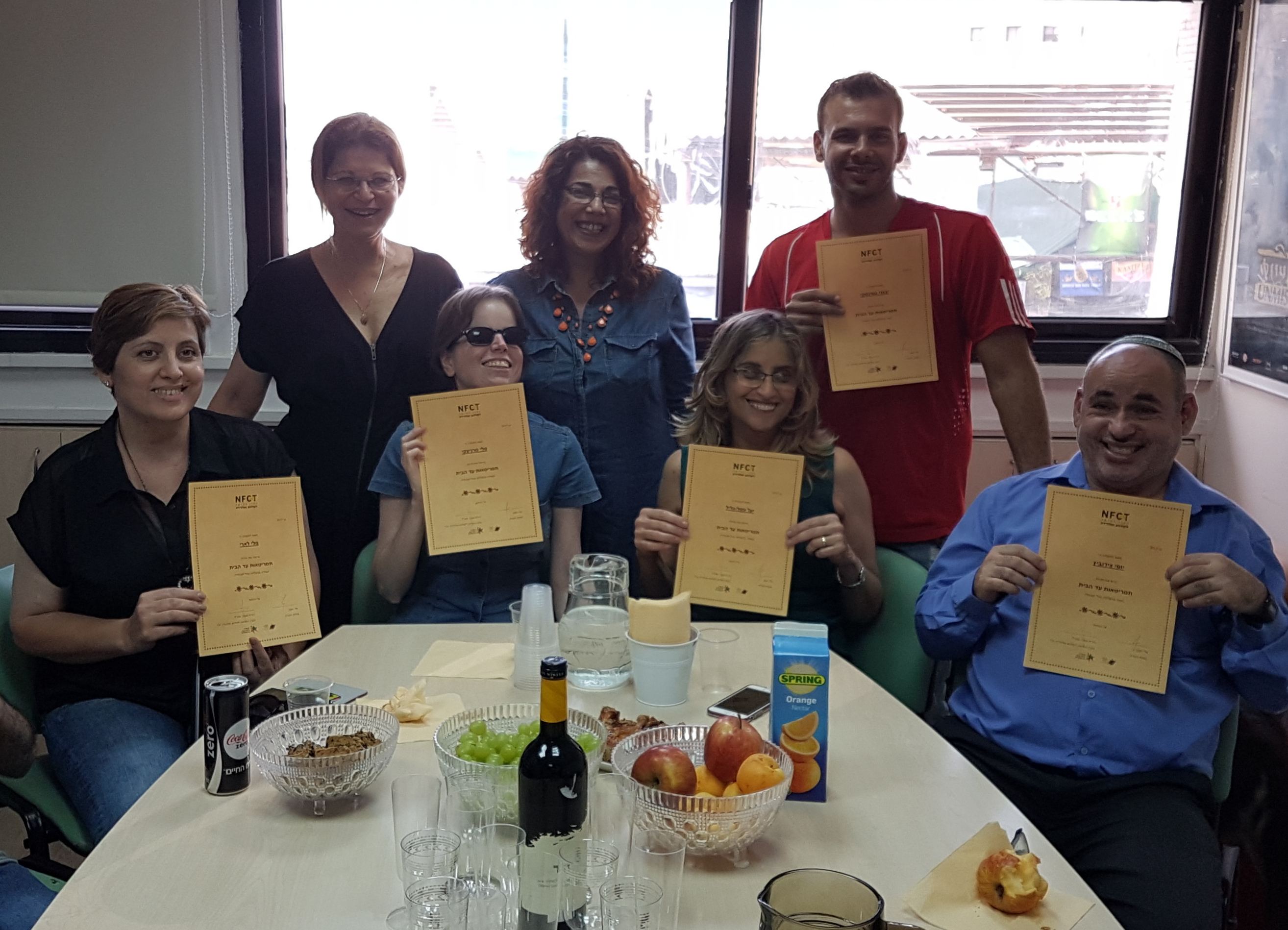
-
The Ethiopian Community Film Program
The Ethiopian Community Film Program was established in order to nurture and empower filmmakers from the Ethiopian community in Israel. Through an annual call for applications we intend to target filmmakers in every genre and in various stages of production.
Over the years, we have become increasingly aware of how powerful the film medium is and how it can be used to promote social issues, to educate, to create dialogue and to bring people together, which is why we invest time, resources and effort in initiating and running this type of social-cinematic programs, which aim to nurture the artistic and professional development of talented filmmakers from diverse backgrounds and communities.
In the case of the Ethiopian community, our search is targeted throughout the year. We are always searching for up-and-coming talents from Ethiopian background or for those who can shed light on the community’s plights and achievements.
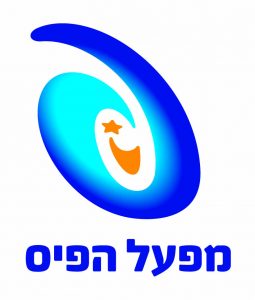
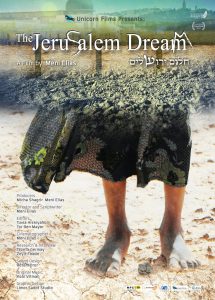
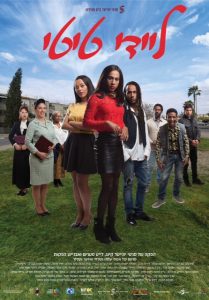
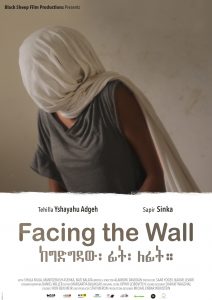

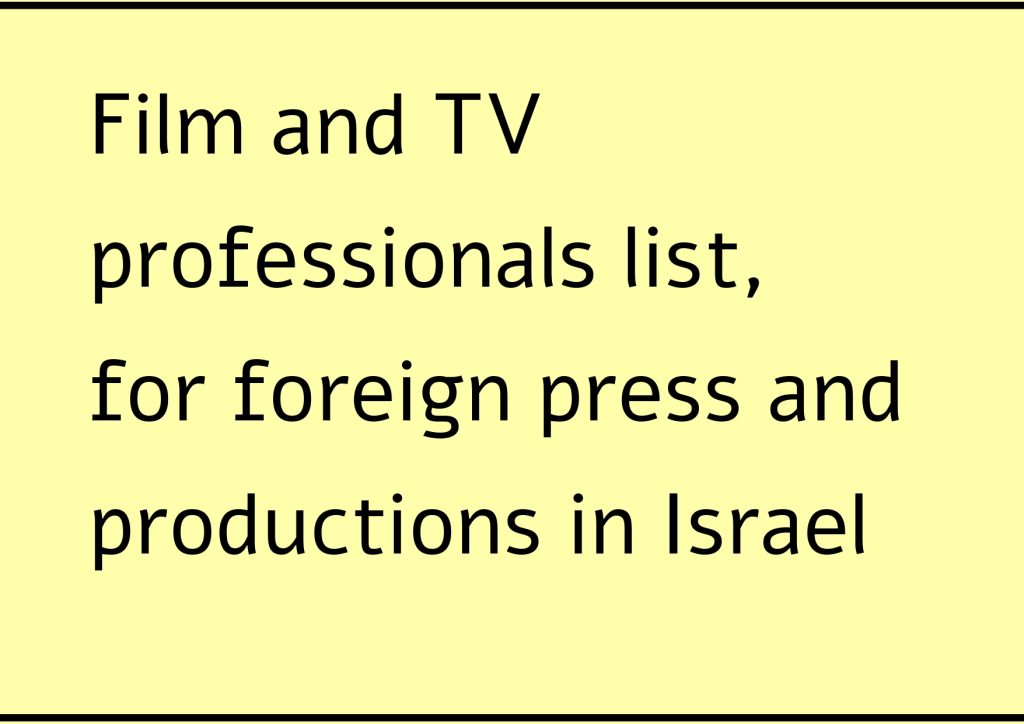
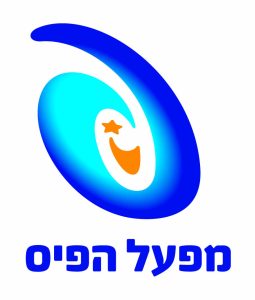
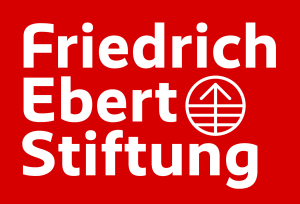

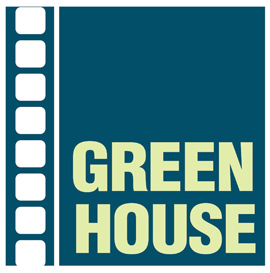
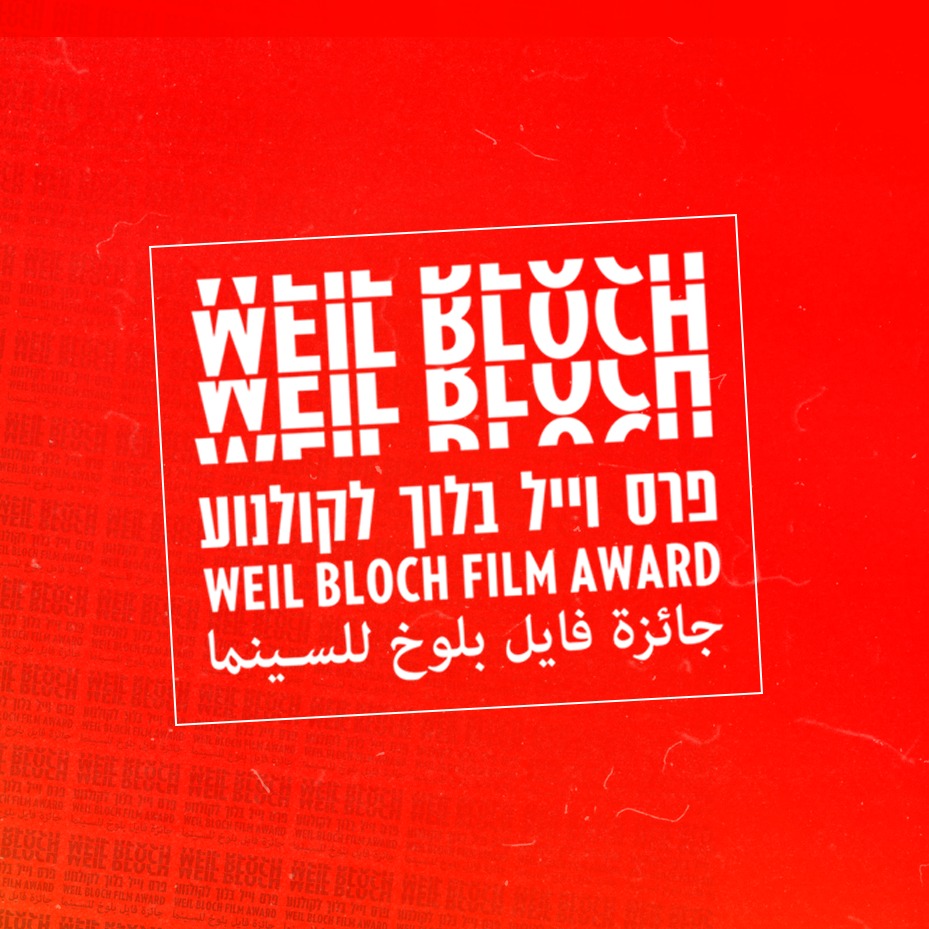

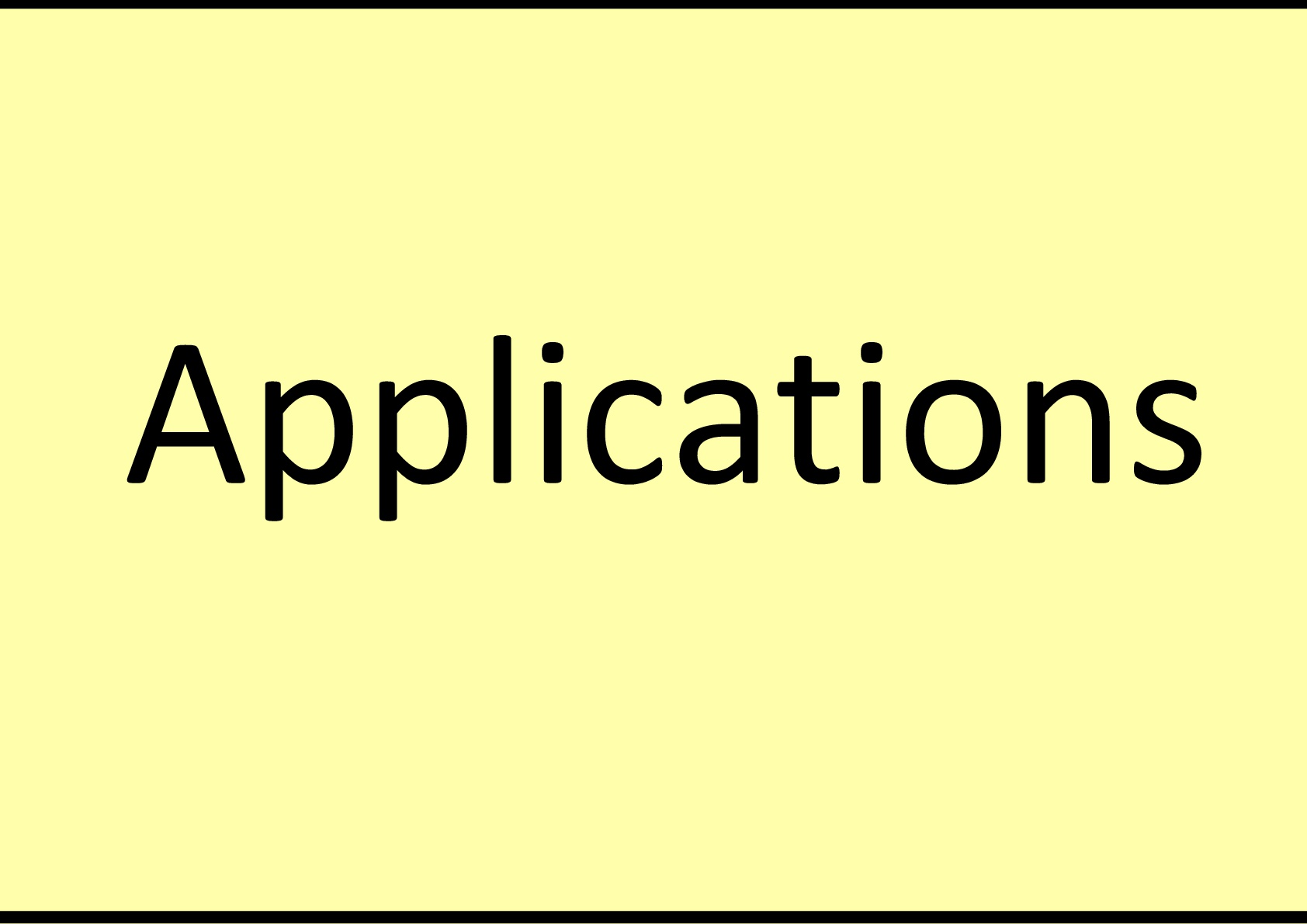

 With the support of the Ministry of Culture - The Israel Film Council
With the support of the Ministry of Culture - The Israel Film Council